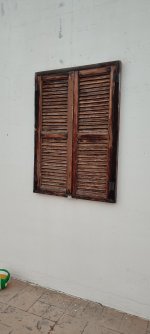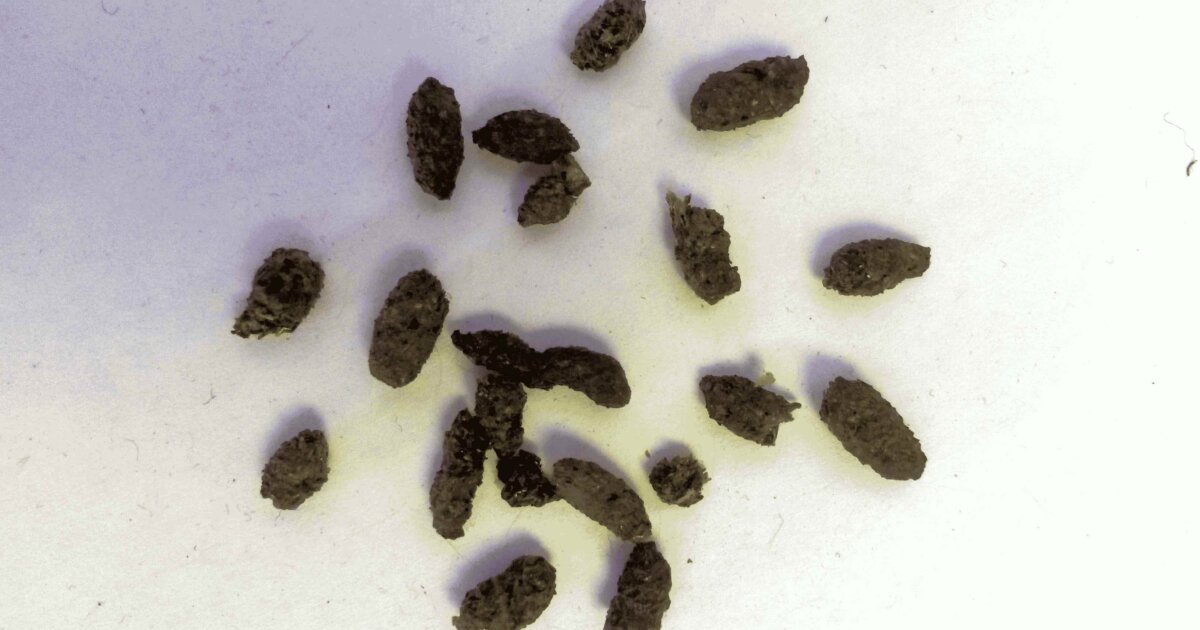Andy Adcock
Worst person on Birdforum

Tonight, for reasons best known only to her, my wife decided to open a louvred shutter on a fake window by our pool. Her reward, a face full of Pipistrelle!
I saw one really well before it took flight, very light grey, I thought they were black? All together, ten bats left the roost and inside is quite a pile of guano, this leads to my questions.
1. Are Pipistrelle's migratory? They were definitely not there over the winter.
2. Having a child who is often in close proximity to this roost during the day, does bat faeces present any potential risk and, if so, how can I clean it without disturbing the bats?
Below is the shutter where the roost is.
I saw one really well before it took flight, very light grey, I thought they were black? All together, ten bats left the roost and inside is quite a pile of guano, this leads to my questions.
1. Are Pipistrelle's migratory? They were definitely not there over the winter.
2. Having a child who is often in close proximity to this roost during the day, does bat faeces present any potential risk and, if so, how can I clean it without disturbing the bats?
Below is the shutter where the roost is.






